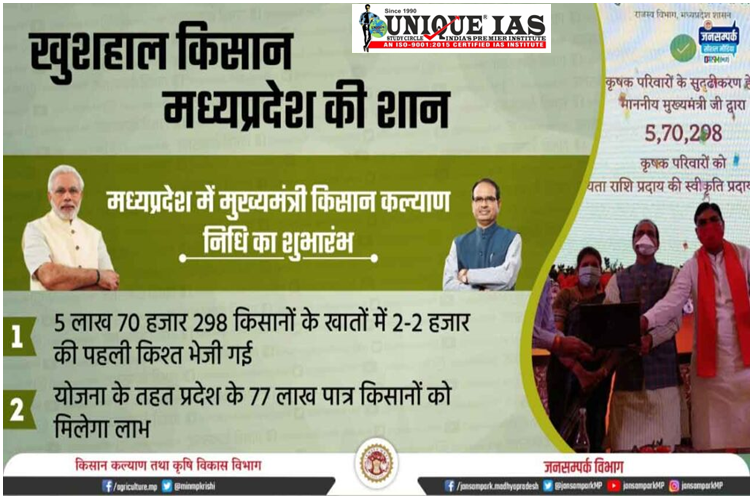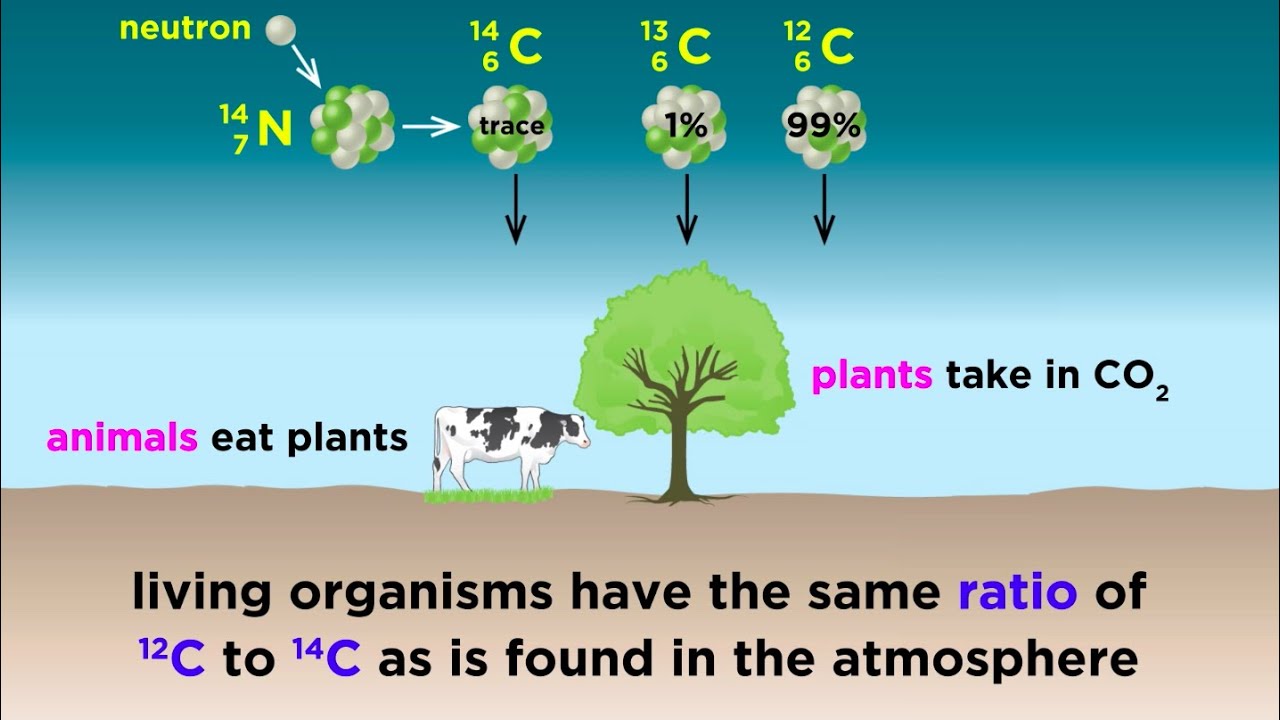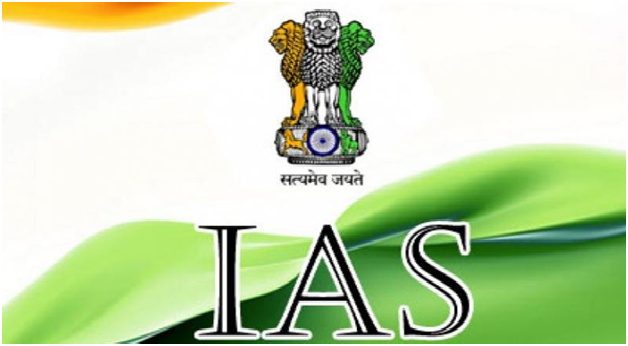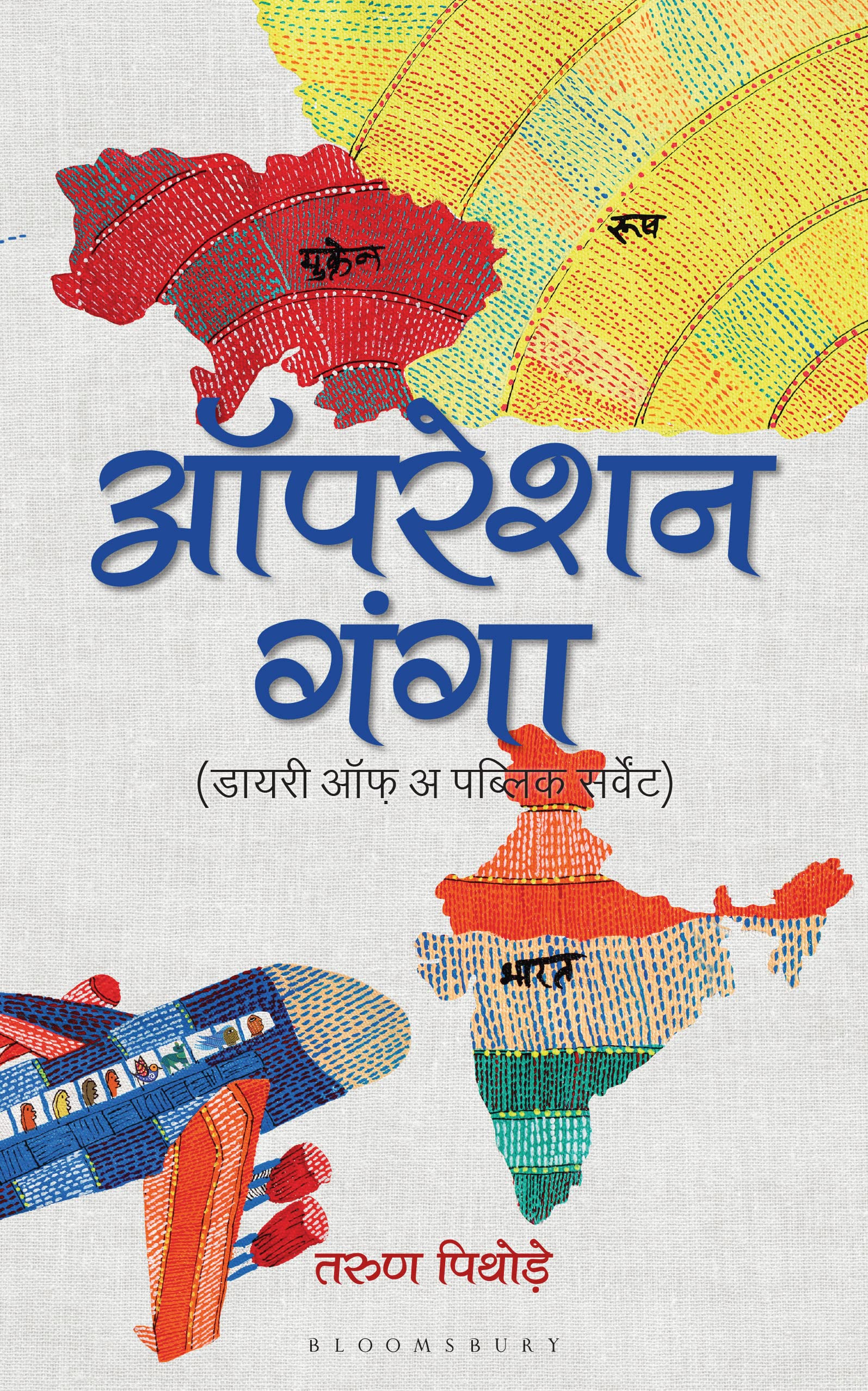Kerala govt moves SC against President withholding Assent to its Bills
In News
Kerala is challenging the legality of President Droupadi Murmu withholding her assent for the Bills that were passed by the Kerala Legislature before the Supreme Court.
This will open debate for a Constitutional debate on the scope of a judicial review of the decisions of the President of India.
Arguments of state government
The act of the President in withholding the assent for the four Bills without giving any reason was highly arbitrary and in violation of Articles 14, 200 and 201 of the Constitution.
Kerala government argued that the Governor should not have referred the Bills to the President as its subject matters were confined to the State List of the Constitution where the State has powers to legislate.
The actions of the Governor subverted the delicate balance envisaged by the Constitution between the three organs of State.
Constitutional Provisions on withholding Bills
Article 200 of the Constitution lays down that when a Bill, passed by a State Legislature, is presented to the Governor for their assent, they have four alternatives —
may give assent to the Bill;
may withhold assent to the Bill, that is, reject the Bill in which case the Bill fails to become law;
may return the Bill (if it is not a Money Bill) for reconsideration of the State Legislature; or
may reserve the Bill for the consideration of the President.
According to Article 111 in Constitution of India :When a Bill has been passed by the Houses of Parliament, it shall be presented to the President and the President shall declare either that he assents to the Bill, or that he withholds assent therefrom.
Provided that the President may, as soon as possible after the presentation to him of a Bill for assent, return the Bill if it is not a Money Bill to the Houses with a message requesting that they will reconsider the Bill
Supreme Court’s Observations
As held by the Supreme Court in various cases including the Shamsher Singh case (1974), the Governor does not exercise their discretionary powers while withholding assent or returning a Bill to the State Legislature.
They are required to act as per the advice of the Council of Ministers.
Conclusion and Way Forward
The Governor acts as an appointee of the Centre who may be required for maintaining the unity and integrity of the nation in critical times.
However, federalism is a basic feature of our Constitution and the Governor’s office should not undermine the powers of elected governments in the States.
As the Supreme Court observed, it is necessary for the Governors and Chief Ministers to do ‘a little bit of soul-searching’.
The Constitution may be amended to provide that the Chief Ministers shall be consulted before appointment of the Governors.
The recommendation of the Punchhi Commission that Governors may be removed through an impeachment by the State Legislature can also be considered.
----------------------------------



.jpg)
.jpg)
.jpg)
.jpg)
.jpg)
.jpg)





